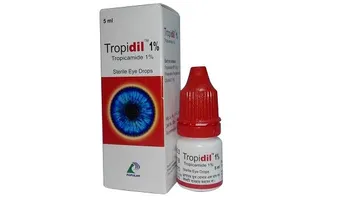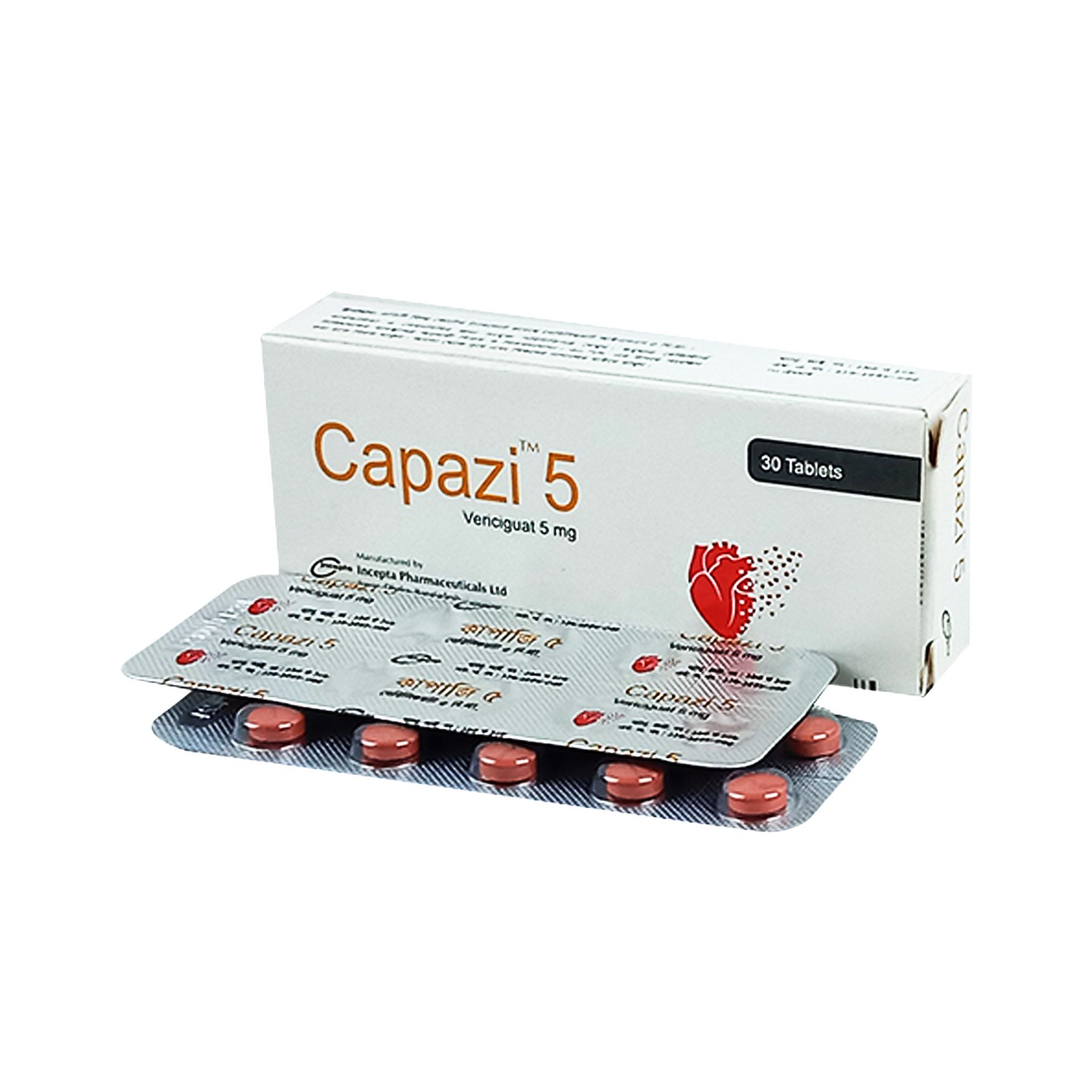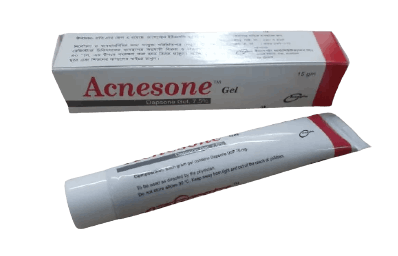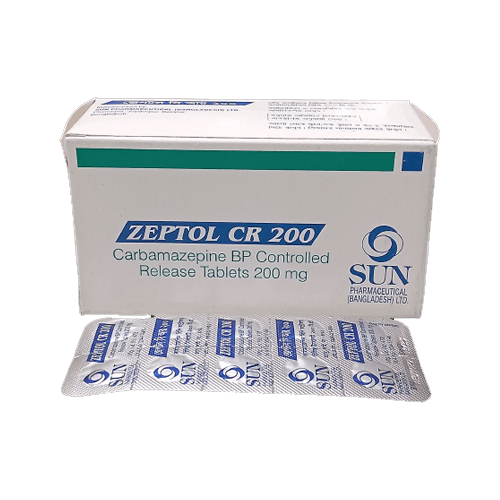



Lyrinex 50 Capsule - (50mg)
(0
reviews)
Sold by
Ashik Medical
Price
৳136.00
৳150.00
/pc
-9%
Club Point:
50
Refund
Not Applicable
Share
Top Selling Products
-
৳76.50
৳85.00 -
৳450.00
৳500.00 -
৳135.00
৳150.00 -
৳64.00
৳70.00 -
৳92.00
৳100.00
Reviews & Ratings
0
out of 5.0
(0
reviews)
There have been no reviews for this product yet.
Introduction
Lyrinex 50 is a medicine used to relieve pain caused by nerve damage (neuropathic pain) due to diabetes, shingles (herpes zoster infection), spinal cord injury, or other conditions. It is also used to treat widespread muscle pain and stiffness in people with fibromyalgia. Lyrinex 50 belongs to the anti-epileptic group of medicines and can be used to treat certain types of seizures (fits) in combination with other medicines. It may also be prescribed to treat the symptoms of excessive anxiety in generalized anxiety disorder if other medicines are not suitable. You can take Lyrinex 50 with or without food, but it is important to take this medicine at the same time each day to get the most benefit. The exact dose and duration of treatment will depend on your condition and how you respond to it. Your doctor will probably start this medicine at a low dose and increase it gradually. It may take a few weeks for the medicine to work properly. Follow your doctor's instructions and continue taking it regularly until your doctor advises you to stop. Do not miss any dose, otherwise, your condition may worsen. The side effects of this medicine are usually mild and go away by themselves. The most common ones are feeling sleepy or dizzy, dryness in the mouth, blurred vision, weight gain, edema (swelling over the whole body), and difficulty in concentrating. Most side effects are not serious and do not need medical attention. Talk to your doctor about potential side effects and ways in which you might prevent or cope with them. Before taking the medicine you should tell your doctor if you are pregnant, breastfeeding or planning to become pregnant. Be careful while driving as sleepiness, dizziness, and blurring of vision may be seen as side effects. You should avoid drinking alcohol along with this medicine as it may lead to excessive sleepiness and dizziness.
Uses of Lyrinex 50
- Neuropathic pain
- Epilepsy/Seizures
- Fibromyalgia
Side effects of Lyrinex 50
Common
- Blurred vision
- Difficulty in paying attention
- Dizziness
- Dryness in mouth
- Edema (swelling)
- Sleepiness
- Weight gain
How to use Lyrinex 50
Take this medicine in the dose and duration as advised by your doctor. Do not chew, crush or break it. Lyrinex 50 may be taken with or without food, but it is better to take it at a fixed time.
How Lyrinex 50 works
Lyrinex 50 is an antiepileptic medication. When given for epilepsy, it is believed to work by reducing the abnormal electrical activity in the brain, thus preventing seizures. It is also used to treat nerve pain where it blocks pain by interfering with pain signals travelling through the damaged nerves and the brain. For treatment of anxiety, it is believed to work by stopping the release of certain chemical messengers (neurotransmitters) that make you feel anxious.
What if you forget to take Lyrinex 50?
If you miss a dose of Lyrinex 50, take it as soon as possible. However, if it is almost time for your next dose, skip the missed dose and go back to your regular schedule. Do not double the dose.
Quick Tips
- Lyrinex 50 should be taken as per the dose and duration prescribed by your doctor.
- It may cause sleepiness. Do not drive or do anything requiring concentration until you know how it affects you.
- It may cause blurring or loss of vision. Inform your doctor immediately if you notice any vision changes.
- Inform your doctor if you develop any unusual changes in mood or behavior, new or worsening depression, or suicidal thoughts or behavior.
- Do not stop taking the medication suddenly without talking to your doctor as it may worsen your underlying condition.
Brief Description
Indication
Anxiety, Fibromyalgia, Post herpetic Neuralgia, Partial seizures, Pain from diabetic neuropathy, Neuropathic pain associated with spinal cord injury
Administration
May be taken with or without food.
Adult Dose
Oral Neuropathic pain, Postherpetic Neuralgia Adult: Initially, 150 mg/day, may increase to 300 mg/day after 3-7 days. Max: 600 mg/day after a 7-day interval. All doses to be given in 2 or 3 divided doses. Diabetic Peripheral Neuropathic Pain Initial: 50 mg PO q8hr Maintenance: May increase to 100 mg PO q8hr within 1 week, as needed; not to exceed 300 mg/day Adjunct in partial seizures Adult: Initially, 150 mg/day, may increase to 300 mg/day after a wk. Max: 600 mg/day. All doses to be given in 2 or 3 divided doses. Fibromyalgia Adult: Initially, 150 mg/day, may increase to 300 mg/day after a wk. Max: 450 mg/day, if needed. All doses to be given in 2 or 3 divided doses.
Child Dose
Safety and efficacy not established
Renal Dose
Renal impairment: Haemodialysis: 25-100 mg immediately after each 4-hr haemodialysis session. CrCl (ml/min) Dosage Recommendation 30 to <60 75 mg/day. Max: 300 mg/day. All doses to be given in 2 or 3 divided doses. 15 to <30 Initially, 25-50 mg/day. Max: 150 mg/day. All doses to be given as a single dose or in 2 divided doses. <15 Initially, 25 mg/day. Max: 75 mg/day. All doses to be given as a single dose.
Contraindication
Hypersensitivity. Pregnancy, lactation. Driving or working with machines, or do other dangerous activities.
Mode of Action
Pregabalin is an analog of the neurotransmitter GABA. It binds potently to the alpha2-delta subunit resulting in modulation of Ca channels and reduction in the release of several neurotransmitters, including glutamate, norepinephrine, serotonin, dopamine, calcitonin gene-related peptide and substance P.
Precaution
Abrupt or rapid discontinuation of Pregabalin may produce some symptoms including insomnia, nausea, headache and diarrhoea. So Pregabalin should be tapered gradually over a minimum of 1 week rather than discontinued abruptly. Pregabalin treatment may associate with creatine kinase elevations. It should be discontinued if myopathy is diagnosed or suspected or if markedly elevated creatine kinase levels occur. Discontinue treatment if patients develop severe angioedema. Regular vision check is recommended. May decrease platelet count and prolong PR interval. Patient w/ history of angioedema episodes, severe CV disease, renal impairment. Pregnancy and lactation. Patient Counselling May impair ability to drive, operate machinery or engage in hazardous activities. Monitoring Parameters Monitor visual disturbances. Closely observe for clinical worsening, suicidality and unusual changes in behaviour. Suicidal thoughts or behaviors Antiepileptic drugs increase risk of suicidal thoughts or behavior in patients taking these drugs for any indication; monitor for emergence or worsening of depression, suicidal thoughts or behavior, and/or any unusual changes in mood or behavior Inform patients, their caregivers, and families of the increase the risk of suicidal thoughts and behavior; advise to be alert for the emergence or worsening of signs and symptoms Angioedema Angioedema of the face, extremities, lips, tongue, glottis, and larynx has been reported during initial and chronic treatment, including reports of life-threatening angioedema with respiratory compromise requiring emergency intervention If laryngeal stridor or angioedema of the face, tongue, or glottis occurs, discontinue therapy and institute appropriate therapy immediately Coadministration of ACE inhibitors or mTOR (mammalian target of rapamycin) inhibitors (eg, temsirolimus, sirolimus, everolimus), or previous history of angioedema may increase risk Lactation: Unknown if excreted in milk; not recommended
Side Effect
>10% Dizziness (8-45%),Somnolence (4-36%),Peripheral edema (16%),Ataxia (1-20%),Fatigue (5-11%),Xerostomia (1-15%),Weight gain (16%),Tremor (11%),Blurred vision (1-12%),Diplopia (12%) 1-10% Asthenia (5%),Edema (8%),Facial edema (<3%),Hypotension (2%),Neuropathy (2-9%),Pain (5%),Disorientation (<2%),Constipation (5%),Weight gain (4%),Accidental injury (4%),Abnormal thinking (2%),Confusion (<7%),Amnesia (<6%),Vertigo (1-4%),Hypoesthesia (2-3%),Euphoria (2%),Decreased libido (>1%),Incoordination (2%),Vomiting (1-3%),Balance disorder (2-9%),Myoclonus (4%),Nasopharyngitis pain (1-3%),Flu-like syndrome (1-2%) <1% Addiction,Anemia,Diarrhea,Gynecomastia and breast enlargement,Epididymitis,Esophagitis,Dysmenorrhea,Dystonia,Heart failure,Hirsutism,Uveitis <0.1% Neutropenia, first degree heart block, hypotension, hypertension, pancreatitis, dysphagia, oliguria, rhabdomyolysis, suicidal thoughts or behavior
Interaction
May potentiate the effects of lorazepam. Additive CNS depressant effects w/ opiates and benzodiazepines. May increase risk of angioedema w/ ACE inhibitors. May increase risk of wt gain and peripheral oedema w/ thiazolidinediones.
Frequently Bought Products
Product Queries (0)
Login Or Registerto submit your questions to seller
Other Questions
No none asked to seller yet
Top Selling Products
-
৳76.50
৳85.00 -
৳450.00
৳500.00 -
৳135.00
৳150.00 -
৳64.00
৳70.00 -
৳92.00
৳100.00








